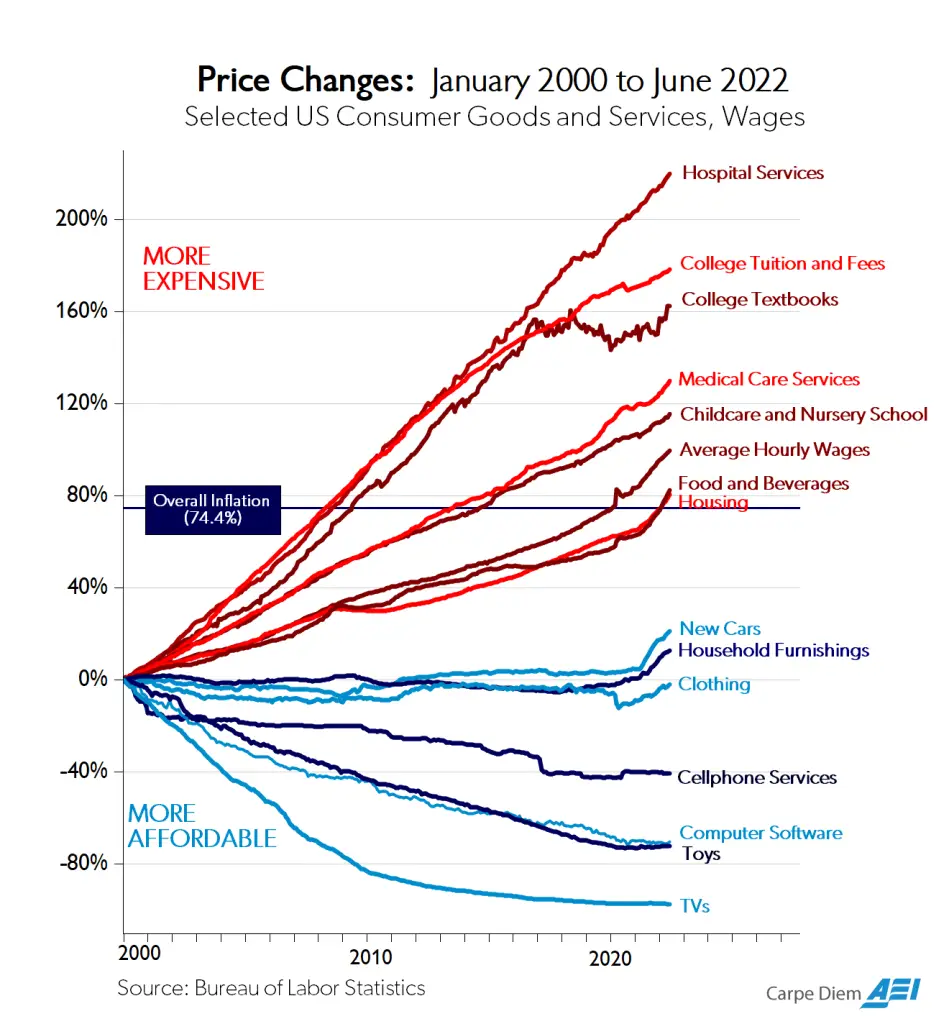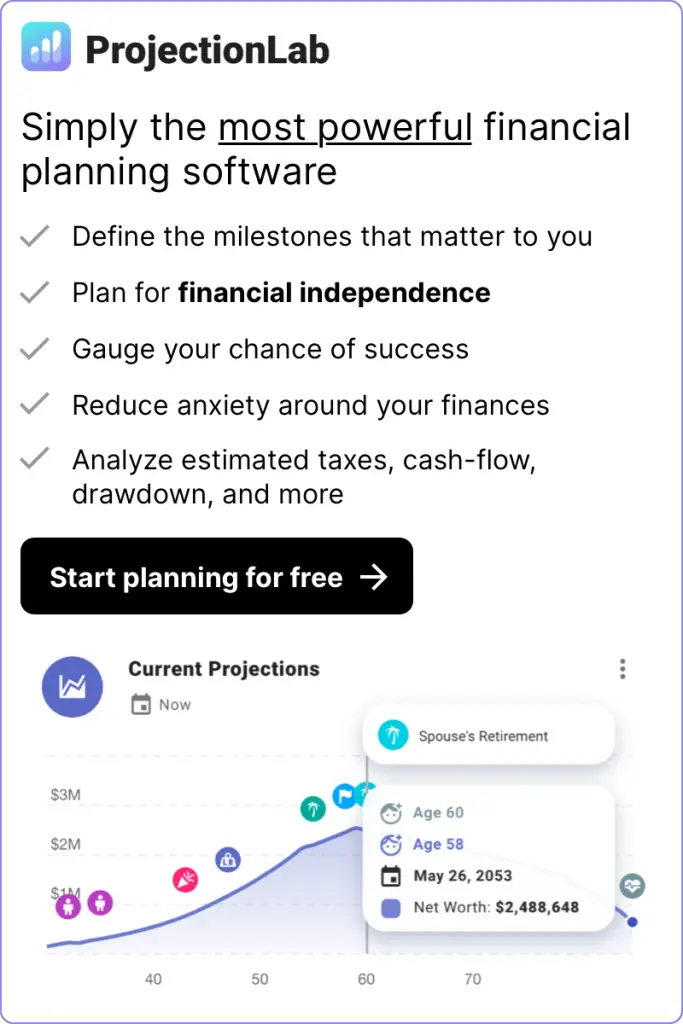👋 Hey there, welcome to the WalletBurst monthly newsletter for the month of September 2022.
I won’t sugarcoat this past month – announcements and movements have been ugly across the markets, and it really feels like we’re waking up in the morning with a nasty hangover from the party that was 2021.
The Federal Reserve continued to raise its benchmark interest rate to fight inflation this month, causing mortgage rates to close in on 7%, the highest in over 15 years. Once the high fliers of the S&P 500, tech companies in particular have continued to see their market value decline, leading to widespread reports of layoffs and hiring freezes among major employers in the tech industry. Take for example Meta (Facebook), who announced a hiring freeze a few days ago, along with upcoming layoffs for the first time in its history.
Now is the time to shed your unnecessary expenses and buckle up for what could be some turbulence (but also opportunity) ahead. With that said, here are some valuable perspectives I want to share with you around personal finance, careers, and investing:
❄️ Layoffs don’t tell the whole story: why hiring freezes matter more than layoffs
- “So, rather than massive layoffs defining recessions and spikes in unemployment, the more powerful explanatory story is one of hiring freezes – employers simply stop hiring during recessions.”
- Hiring freezes are effectively like “laying off” future employees that would have otherwise been hired, and have a larger impact on a company’s cash burn than layoffs.
- The biggest risk you face in an economic downturn is not so much losing your current job but instead being unable to find a new one (due to hiring freezes).
💻 Downturn career decisions: career advice for the current downturn
- Now is a good time to be focused on working with good people in a role where you’re learning.
- Stay where you are as long as you’re reasonably happy day to day and feel like you’re learning at a good rate.
- Only spend money exercising options if you can financially weather the options becoming worthless.
📖 SlateStarCodex: considerations on cost disease
- This is a long, open-ended essay written back in 2017 that explores how over the last 50 years, the costs of basic human needs like healthcare and education, and to a lesser extent housing and infrastructure, have massively outpaced average inflation, especially in the USA.
- This has occurred despite improving technology and globalization which should have cut costs.
- In addition, wages for workers in healthcare and education have stayed roughly flat and even declined relative to other professions, further begging the question where is the money going?
- It’s an increasingly important question to ask, since in the 5 years after the article was written, the costs of healthcare and education have continued to outpace baseline inflation, as you can see in the chart below.
- The author offers a few possible explanations, like government intervention, decreased risk tolerance, and paying for free-riders, but none fully explain these runaway costs.
- If we could make healthcare and education less wasteful and as efficient as they were several decades ago, then this would effectively have the same impact as providing free/low-cost college education and healthcare, two frequently-debated topics today.
- If we just look at the trajectories of healthcare and education in the chart below, it seems to me that finding a way to flatten these curves is absolutely critical to maintaining our modern standard of living in the coming decades.

📱 The iPhone 14 index: how much of a yearly salary you need to spend to afford an iPhone 14 around the world
- Interactive site that frames just how high western incomes are relative to the developing world by comparing the cost of a new iPhone relative to median annual salary.
- Most affordable is Luxembourg in first place, where citizens only need to spend about 1.6% of annual salary to purchase a new iPhone.
- In last place is Nigeria, where citizens needs to spend a whopping 69% of their yearly salary to purchase an iPhone.
- Unsurprisingly, the USA comes in third place for being the most affordable.
New on WalletBurst.com
Nothing new this month…
End Note
Thanks for reading! If you’re enjoying my newsletter, I’d love it if you shared it with a friend or two. You can send them here to sign up.
And if you have any feedback on my site or come across any interesting personal finance content, send it my way to andrew@walletburst.com. I love to hear from my readers/users!
Have a great day,
Andrew ✌️

